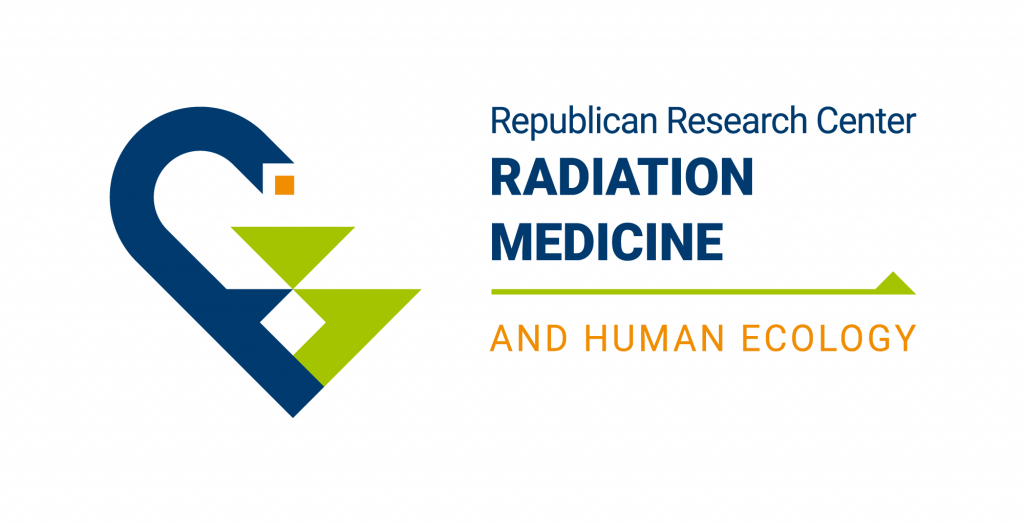Ophthalmology
Ophthalmology – is a field of medicine that deals with the pathology of the organ of vision.
Even a healthy person begins to experience a natural change in visual acuity after 40 years old. Vision provides a person with 80% of information about the world around them. Therefore, any eye diseases that arise under the influence of certain factors cause a lot of inconvenience.
Facility of the ophthalmological service of RRCRM&HE and modern diagnostic and surgical equipment allows accurate and reliable diagnosis and treatment of various eye diseases.
The structure of the ophthalmology service includes general reception rooms, a glaucoma room, rooms for functional methods of examining the visual field, a room for laser treatment methods, and an inpatient department for 40 beds.
- autorefractor keratometry (corneal refractive and optical power measurement)
- visual acuity test;
- corneal topography
- intraocular pressure measurement
- specular microscopy of the corneal endothelium
- pachymetry test for corneal thickness
- computerized static perimetry
- gonioscopy (anterior chamber angle assessment)
- fundus examination
- cycloscopy
- one-, two-, three-dimensional ultrasound imaging of the eye
- ocular echobiometry (measuring the size of the eyeball and vitreous body, the anterior chamber depth, the lens thickness)
- optical coherence tomography of the retina and optic nerve
- anterior segment optical coherence tomography, etc.
The patient can receive medical care in the surgical outpatient department (laser interventions) or in the inpatient department of eye microsurgery (surgical interventions).
Laser interventions are used to treat:- diabetic retinopathy
- peripheral retinal dystrophies
- retinal tears
- vascular diseases of the retina (central retinal vein thrombosis, etc.)
- central serous chorioretinopathy
- corneal neovascularization
- glaucoma
- secondary cataract
Indications for surgical interventions are:
Pathology of the lens:
- cataract of any etiology
- lens dislocations
- IOL implantation in posttraumatic and postoperative aphakia
- removal or replacement of the lens for refractive purposes
Currently, the department performs routine surgery of "small" incisions - ultrasound phacoemulsification and mechanical phacofragmentation through a self-sealing "small" incision. Regardless of the type of surgical intervention, posterior chamber intraocular lenses registered in the Republic of Belarus are implanted in almost 100% of cases. The final decision on IOL implantation in an aphakic eye is made only after a detailed examination of the patient in the conditions of RRCRM&HE and a detailed conversation with him/her.
Pathology of the anterior segment of the eye
As a rule, these are patients with consequences of severe penetrating eye injuries. To eliminate them, optical reconstructive surgery is performed with a wide range of surgical interventions. These include: separation of iridocorneal scars, iris plastic surgery, elimination of post-traumatic mydriasis, cataract extraction, IOL implantation, elimination of cyclodialysis, and others.
Glaucoma
The department performs surgical treatment (combined with laser methods) of all forms and stages of glaucoma. In the vast majority of cases, sinus trabeculectomy with basal iridectomy is performed.
Pathology of the retina and vitreous
The department performs the entire range of high-tech modern surgical interventions for this type of eye pathology. Indications for surgical interventions on the vitreous body and retina are:
- retinal detachment
- proliferative diabetic retinopathy
- vitreous hemorrhages (hemophthalmos) of various etiologies
- macular pathology (vitreomacular traction syndrome, macular hole, epiretinal membrane)
The foreign patients are welcomed to receive the treatment on paid base. If you have any questions about your treatment plan, feel free to contact us by e-mail (omo@rcrm.by).
Our specialists
Arkady Yurkovets, Head of the department, ophthalmologist of the highest qualification category
Yulia Rozhko, PhD in Medicine, associate professor, ophthalmologist of the highest qualification category
Aina Kinyones, ophthalmologist of the highest qualification category
Denis Glushko, ophthalmologist of the highest qualification category
Ivan Pochyopko, ophthalmologist of the highest qualification category
Igor Glushnev, ophthalmologist of the first qualification category
